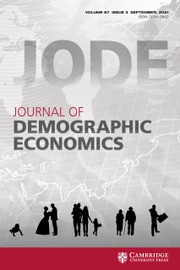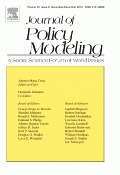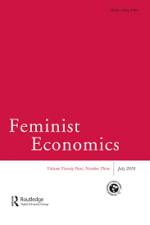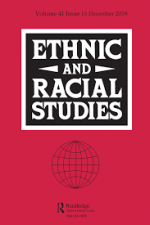Immigrants' Demand for Informal and Formal Education: Evidence from US Time Use Data

This paper contributes to the migration literature studying the time devoted to educational activities. It uses US time-diary surveys to study the allocation of time to informal as well as formal learning and educational activities by immigrants and natives. We develop a simple theoretical framework, which highlights the different constraints/opportunity costs faced by immigrants as compared with natives. Consistently with our theoretical model, the estimates show that immigrants are more likely to engage in informal and formal education and conditional on participation, they allocate more time to these activities. We find that the main drivers are economic incentives, mostly in the early phase of working life, and that the differences between natives and immigrants persist across generations. We also find that differences between immigrants and natives are generally larger in informal education than in formal education. The investment in informal and formal learning and educational activities is likely to boost immigrants' human and social capital and contribute to their socio-economic integration.






